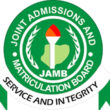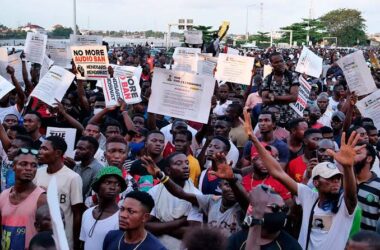The Chairman of the Economic and Financial Crimes Commission (EFCC), Ola Olukoyede, has disclosed that the agency is being hindered from investigating corruption cases in 10 states due to court orders.
He made this revelation during a capacity-building workshop organized by the EFCC and the National Judicial Institute (NJI) for justices and judges. The event, which took place on Monday in Abuja, aimed to enhance the collaboration between stakeholders in tackling financial crimes.
Although Olukoyede did not specify which states were affected, he expressed concerns about how these court rulings are stalling the commission’s efforts to fight corruption. He emphasized that this challenge is part of a broader issue where suspects, including some state governments, are increasingly obtaining injunctions to block investigations.
“The incidence of suspects facing criminal investigation rushing to court to obtain orders of injunction restraining the commission from inviting, investigating, interrogating, and arresting them, including some state governments, has become rampant and worrisome,” Olukoyede explained.
The EFCC boss further highlighted the need for stronger cooperation between the judiciary and anti-corruption agencies to ensure that corruption cases are properly prosecuted. He pointed out that despite the dedication of judges to handle these matters, the commission continues to face obstacles, particularly the frequent postponement of high-profile cases.
He said; “In spite of the energy and commitment of our judges in resolving corruption cases across the country and measures such as practice direction and designation of courts and judges to hear corruption matters, there are still some areas of concern that need to be addressed urgently.
“The spectre of frequent adjournments of high-profile corruption cases arising from frivolous applications, conflicting orders by courts of coordinate jurisdiction in corruption cases, intemperate contempt orders hauled at the commission’s leadership, and undue reliance on technicality in deciding serious corruption cases, unwarranted orders of injunction restraining the commission from investigating graft cases, are among a plethora of issues that bother the EFCC, which should be on the table for frank conversations over the next two days.










